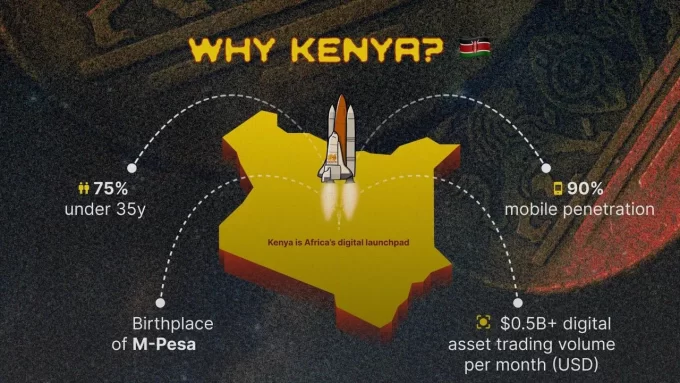The load on the power grid could increase by twice the consumption of the Austin metropolitan area in two years. Cheap electricity prices and a lack of regulation have made China a mecca for crypto miners for years. Bitcoin mining in particular now involves very high computing costs, which ordinary PCs with individual graphics cards have long since been unable to handle cost-effectively.
However, as is often the case, the leadership of the totalitarian state has decided to establish control over this area as well. While they are ambitiously pushing their own “E-Yuan” on the one hand, they have practically banned the mining of and trading with Bitcoin and other coins.
This, combined with rising electricity prices and sometimes regional shutdowns to relieve the grid, is causing an exodus. However, miners have already found other destinations appealing for their operations.
One is the southern U.S. state of Texas, where cheap energy also meets little regulation. The mass influx of miners, however, could have fátal consequences according to experts – blackouts included.
Power Grid Still Vulnerable
We are entering a revolution of unthinkable proportions in the world of currencies. In spite of the recent cryptocurrency cráshes, their effects on other markets are growing as never seen before. Thanks to the software used by a high quality crypto trading bot, much of the daily trading by investors is done automatically – thus generating a market that is constantly on the move.
Now with the addition of NFTs and the Metaverse, electricity consumption can be affected more than ever before. This is raising alarm bells for experts – who are already looking for solutions. That’s the warning from Ercot, the company responsible for operating the power grid in Texas – after the recent payment suspensions in Ohio of business taxes using Bitcoin, which have made quite a buzz on the crypto market.
According to a recent report, the grid is vulnerable to widespread outages, even in weather conditions less extreme than the cold snap that cut off power to many homes last February, sometimes for weeks at a time. Contrary to Republican Governor Greg Abbott’s promises, the energy infrastructure has apparently not been sustainably upgraded since last winter.
However, the governor is actively courting the favor of the crypto community, for whom the U.S. has become the new favorite destination, sparking a race between various states and metropolitan areas. According to Bloomberg, Texas’ consumption load is expected to increase by 5,000 megawatts in the coming years from mining alone.
By Texas standards, that’s equivalent to the output of about five large gas-fired power plants, or even twice the annual consumption of the city of Austin, which has a population of nearly one million. Abbott faces re-election in a year, likely against Democrat Beto O’Rourke, who almost surprisingly ousted Abbott’s party colleague Ted Cruz in the 2018 Senate race.
Nice Neighbour – or Not
Mining operations could also operate without problems on the Texas grid if they did so only at times of low energy consumption by other participants under full load, and thus one uses surplus capacity of power providers. In addition, not all power plants are operating at all times.
Read >> Electricity Consumption Hits New Record Peak
University of Texas researcher Joshua Rhodes is working on software that will allow miners to scale their operations in real time according to Ercot’s requirements so that capacity is not overused.
There is also potential financial incentive to do so, as the price of electricity is flexible and energy is much more expensive at peak consumption times than, say, in the middle of the night. Currently, however, miners can choose to play along and be “friendly neighbors” or not. However, data scientist Alex de Vries, who runs the cryptocurrency-focused site Digiconomist, is skeptical that the price of electricity is enough of an incentive.
Every hour that the hardware is not in use is a lost hour at a revenue level that can never be regained.
Crypto firm operators will be very hard to convince to abandon 24/7 operations because the hardware they use will become obsolete very quickly and the profitability of their operations will steadily decline.
Every hour that the hardware is not in use is a lost hour at a revenue level that can never be regained with the existing equipment. Even if they were paid extra money, running the farms continuously would probably be more profitable.
Accordingly, he argues that there should be regulation on how much power mining operations can claim at any given time. Otherwise, blackouts loomed. “If it goes wrong, it’s already too late,” de Vries warns. “You’re taking a risk that could literally cost lives.”
Next >> Presidential Candidate Who Wants To Legalize Bhang













Leave a comment